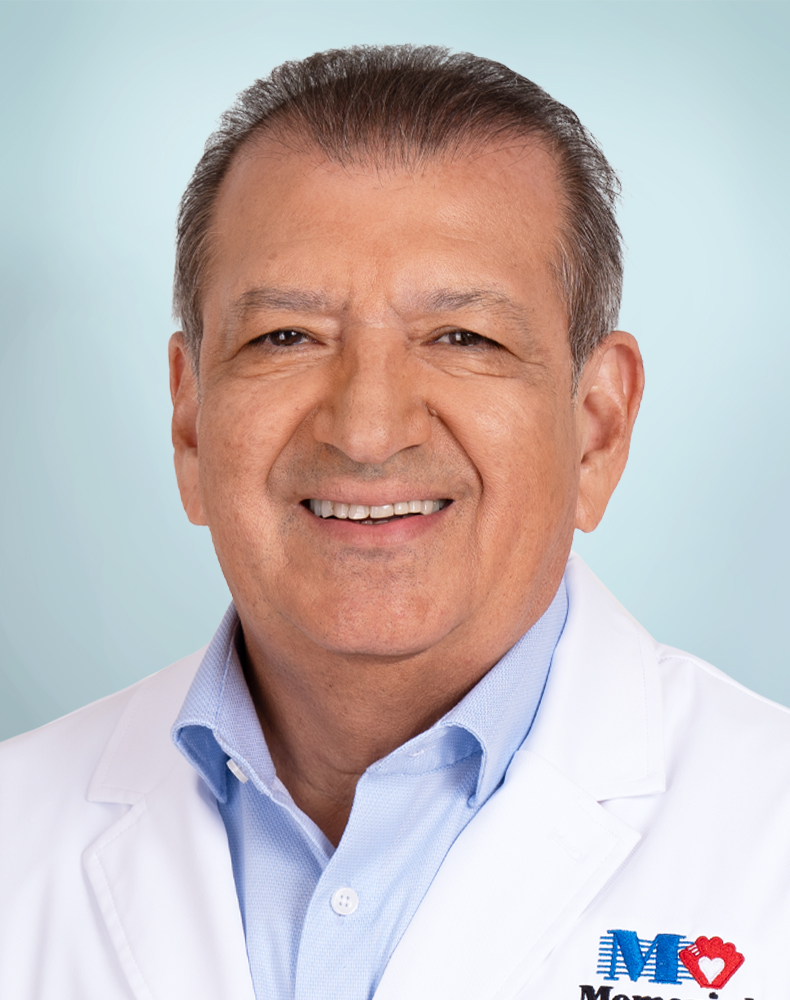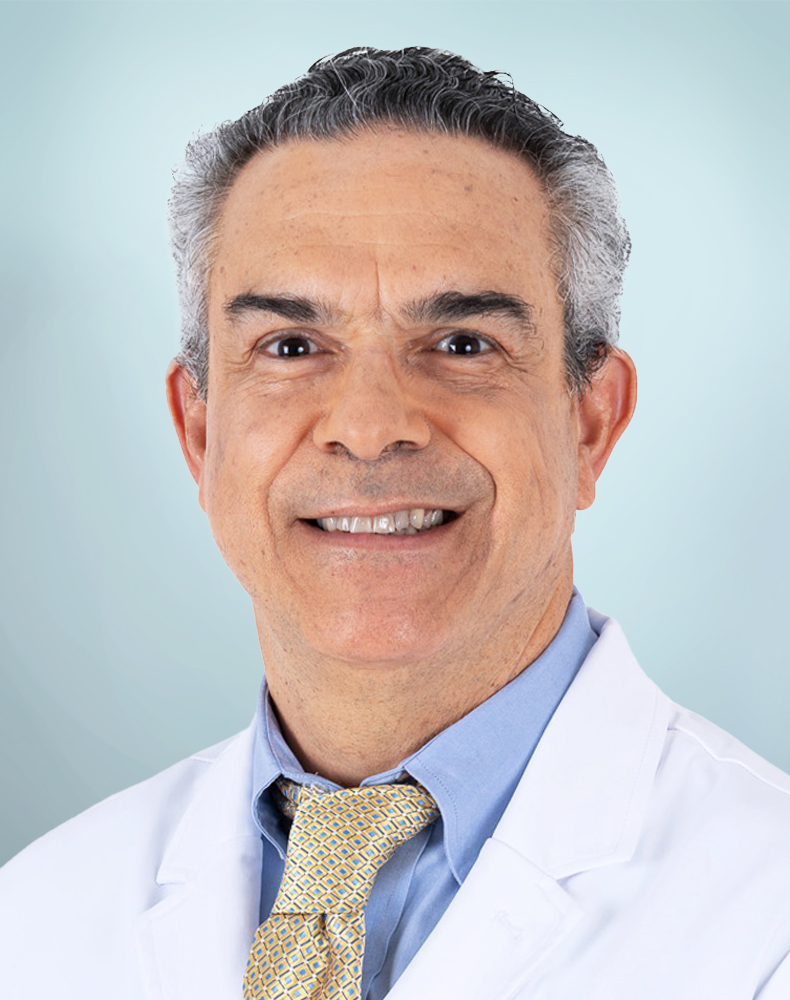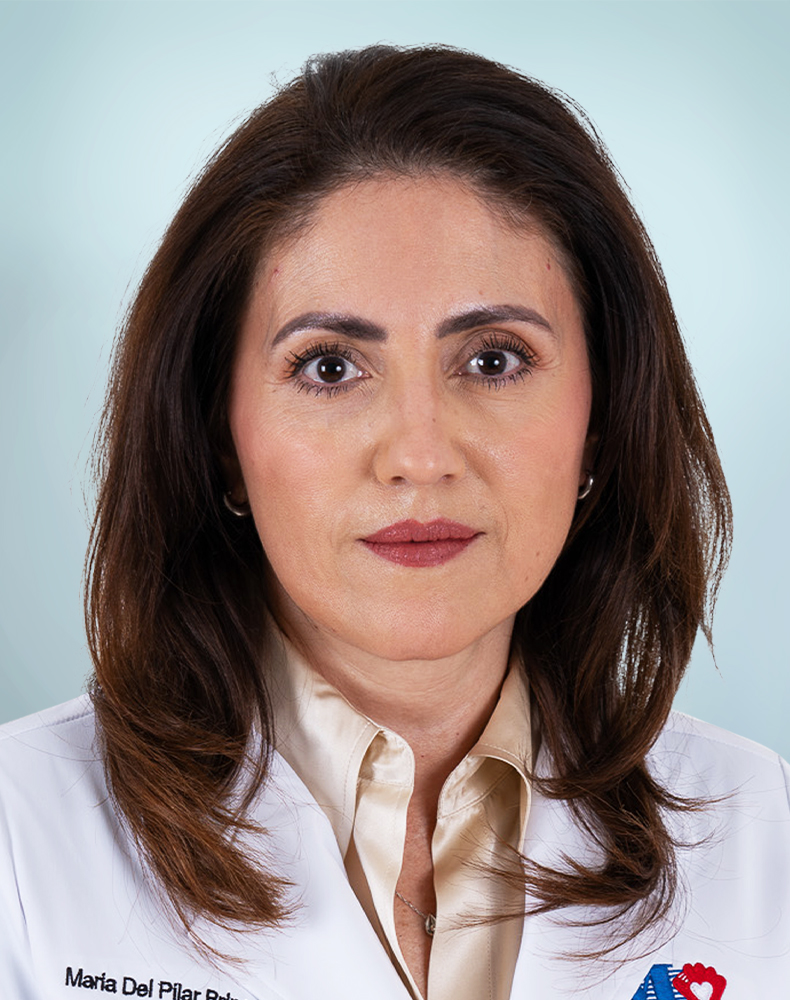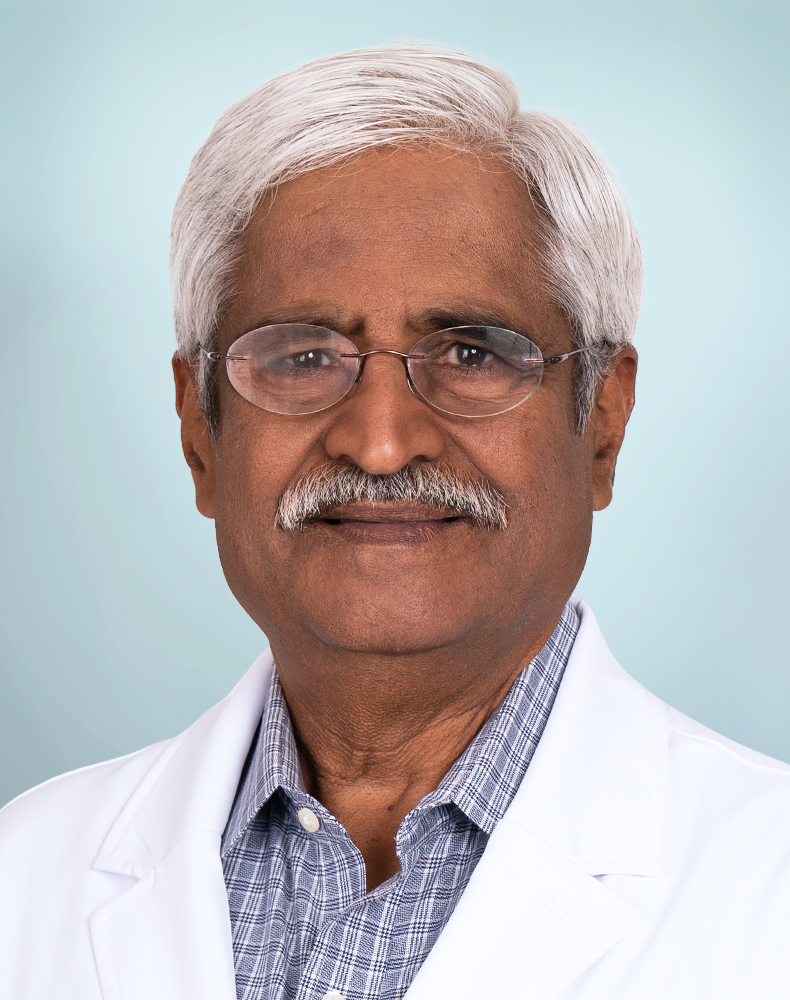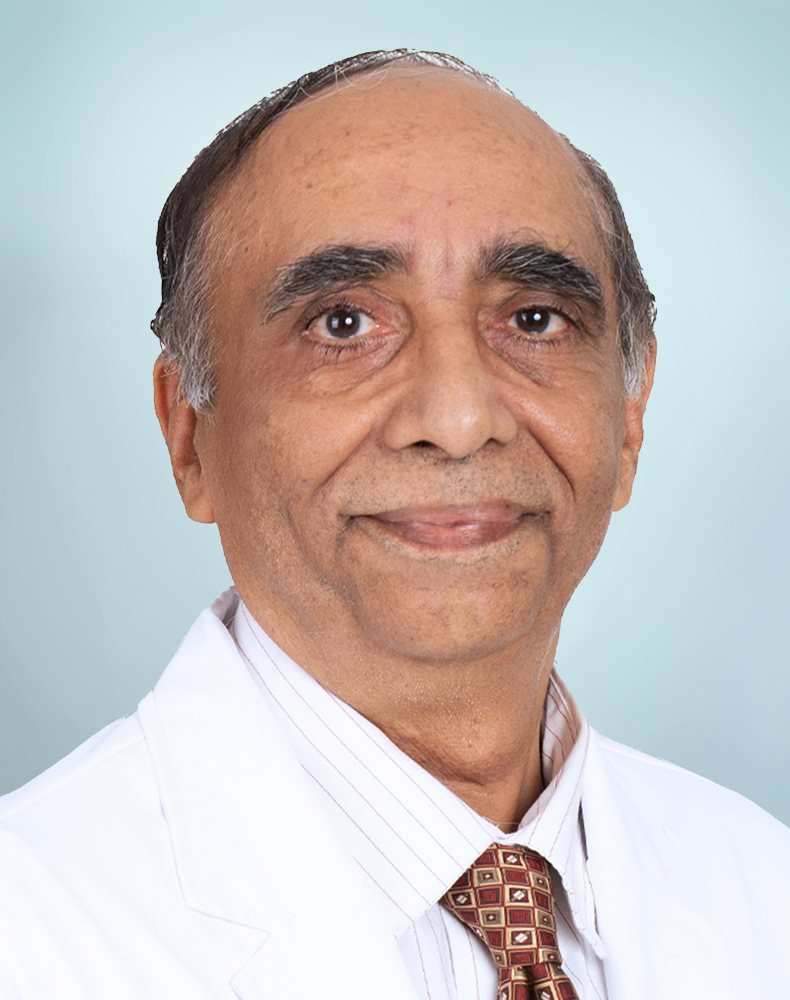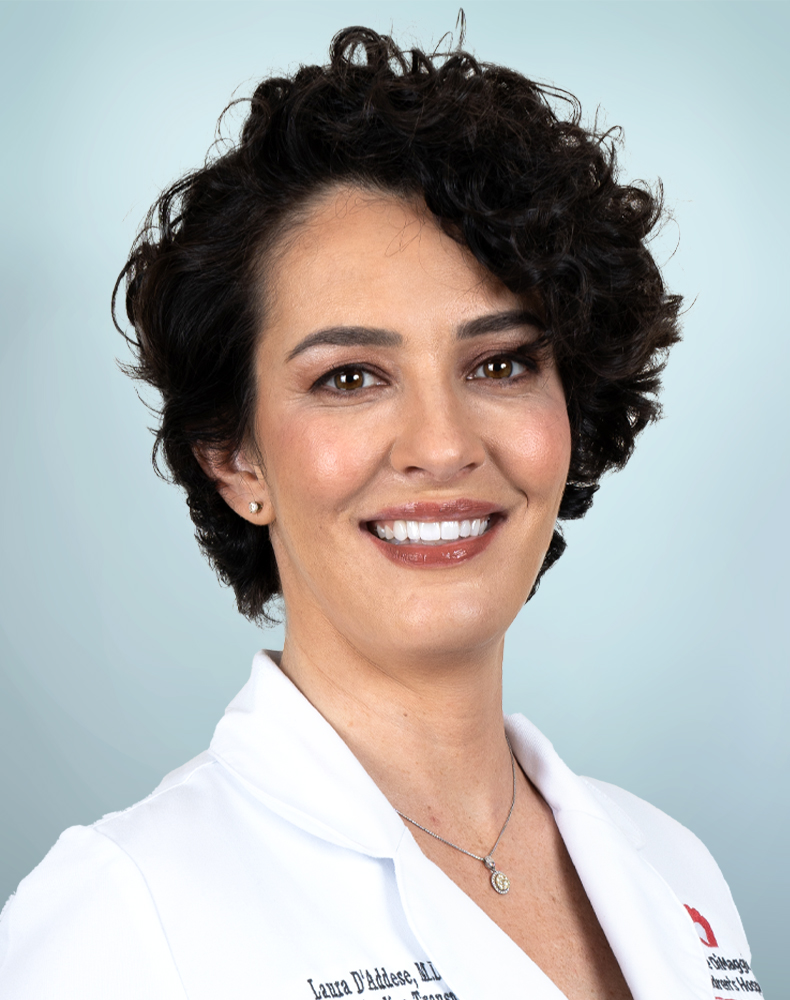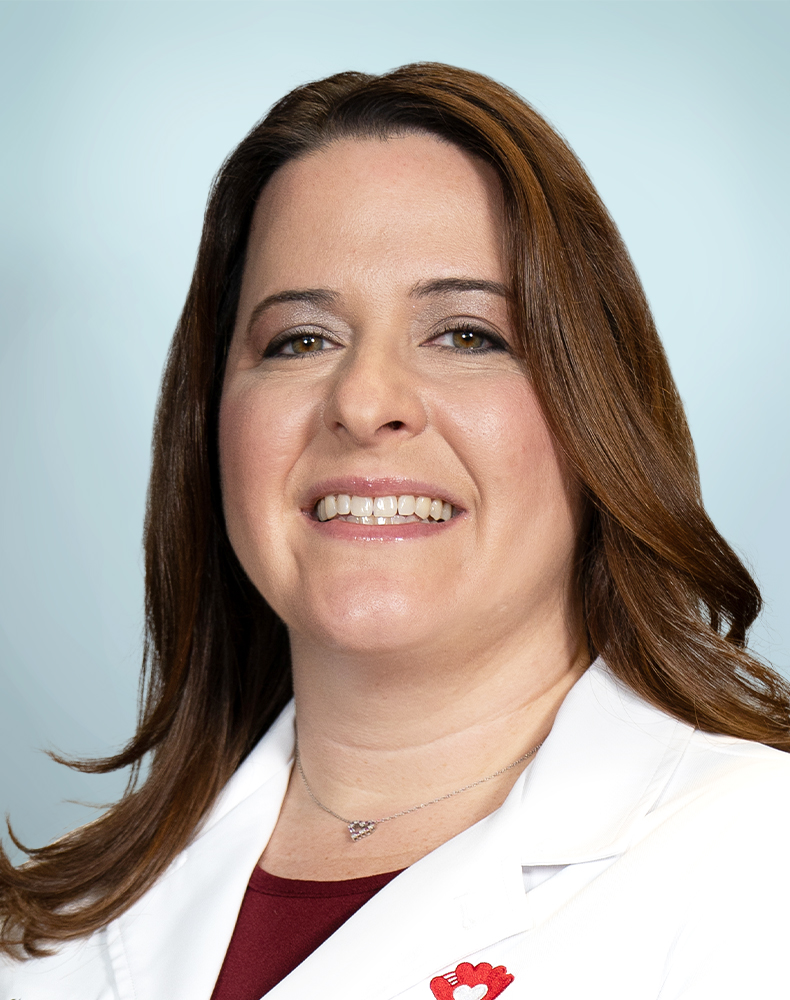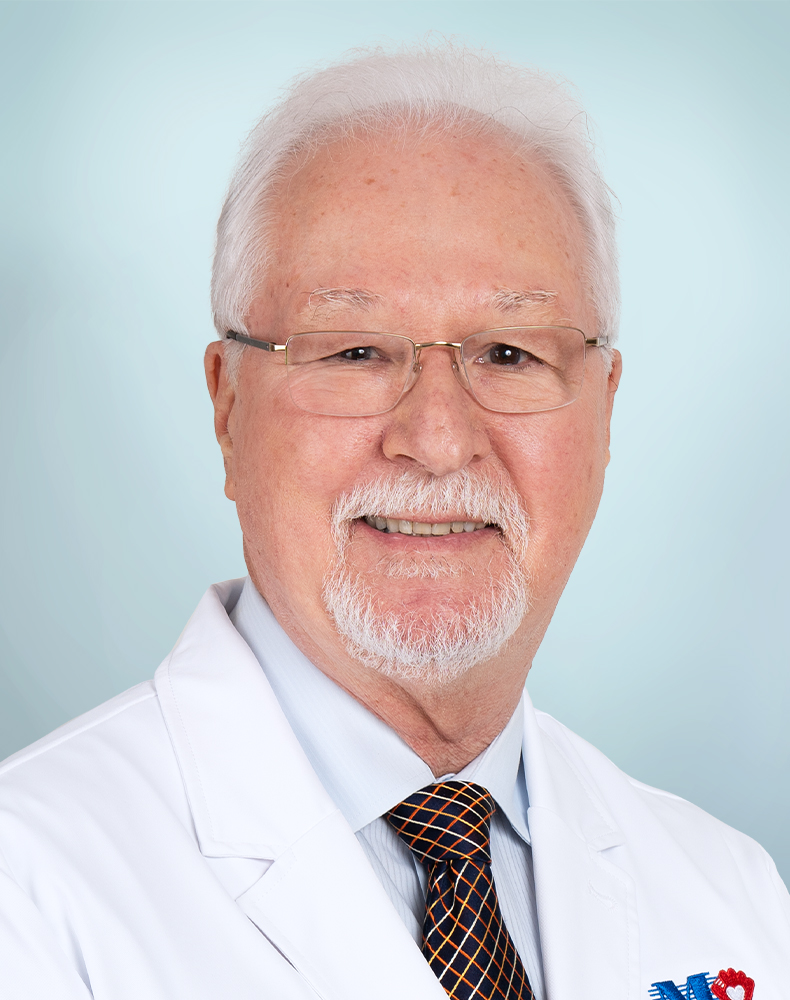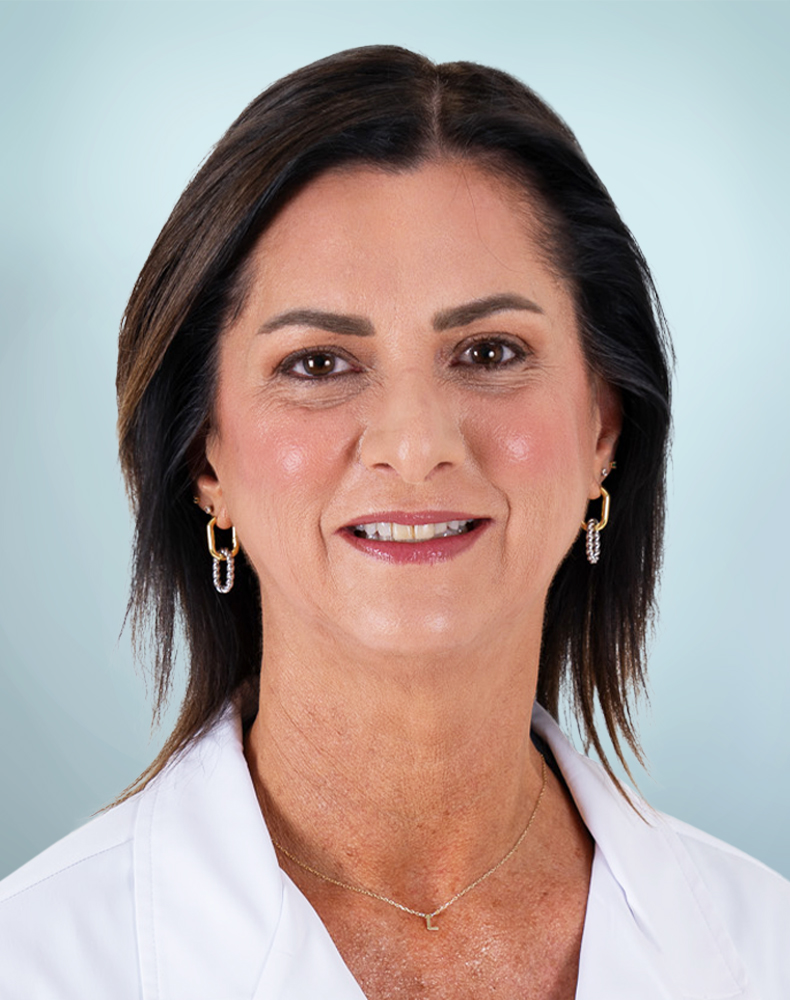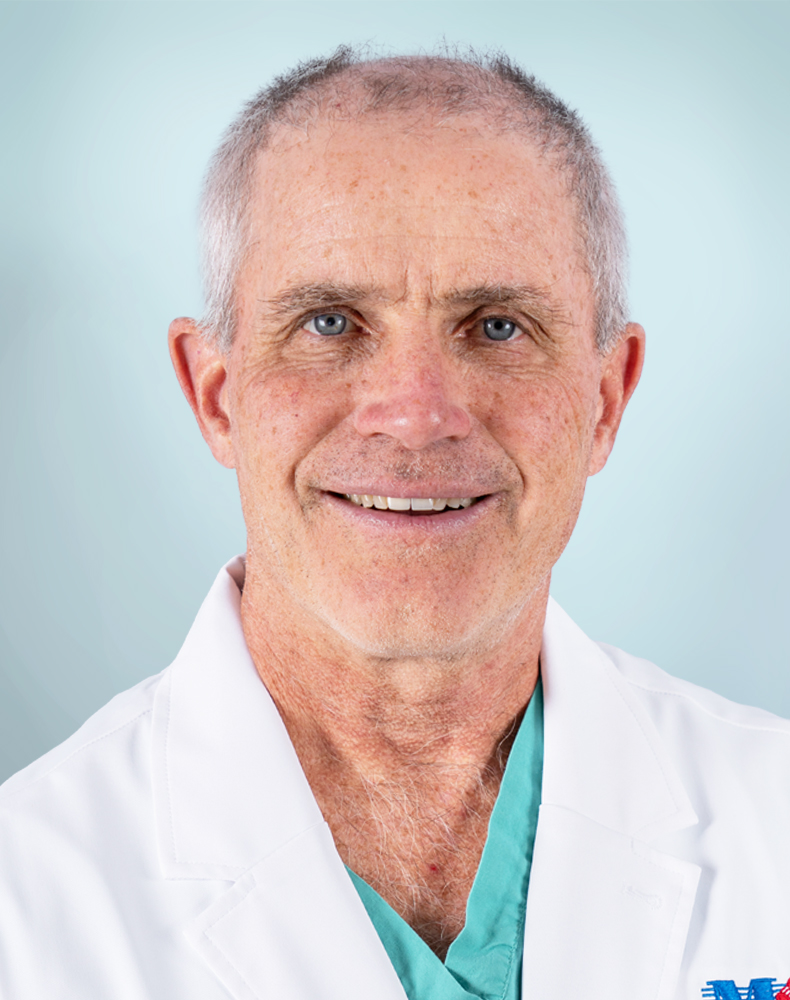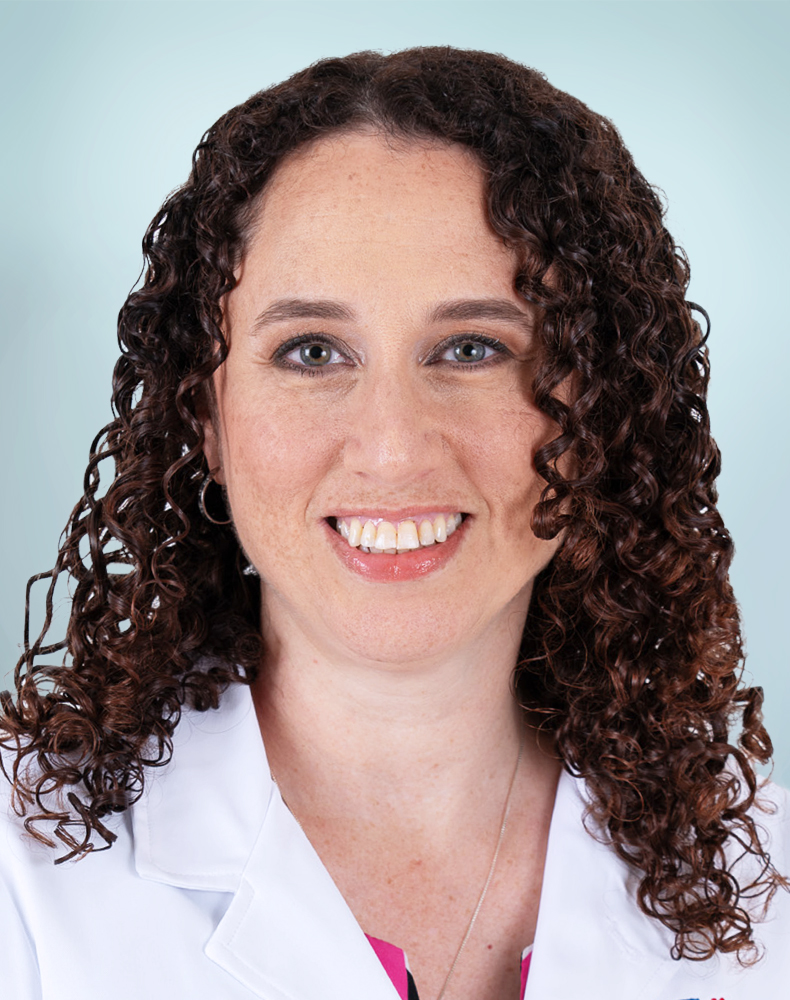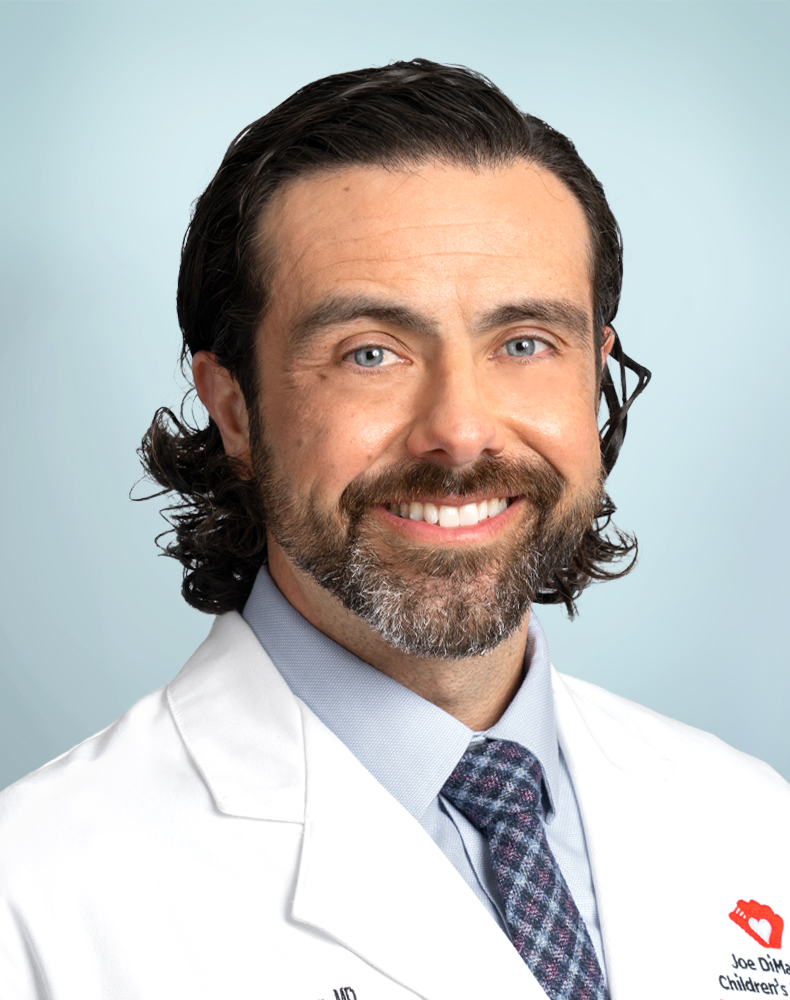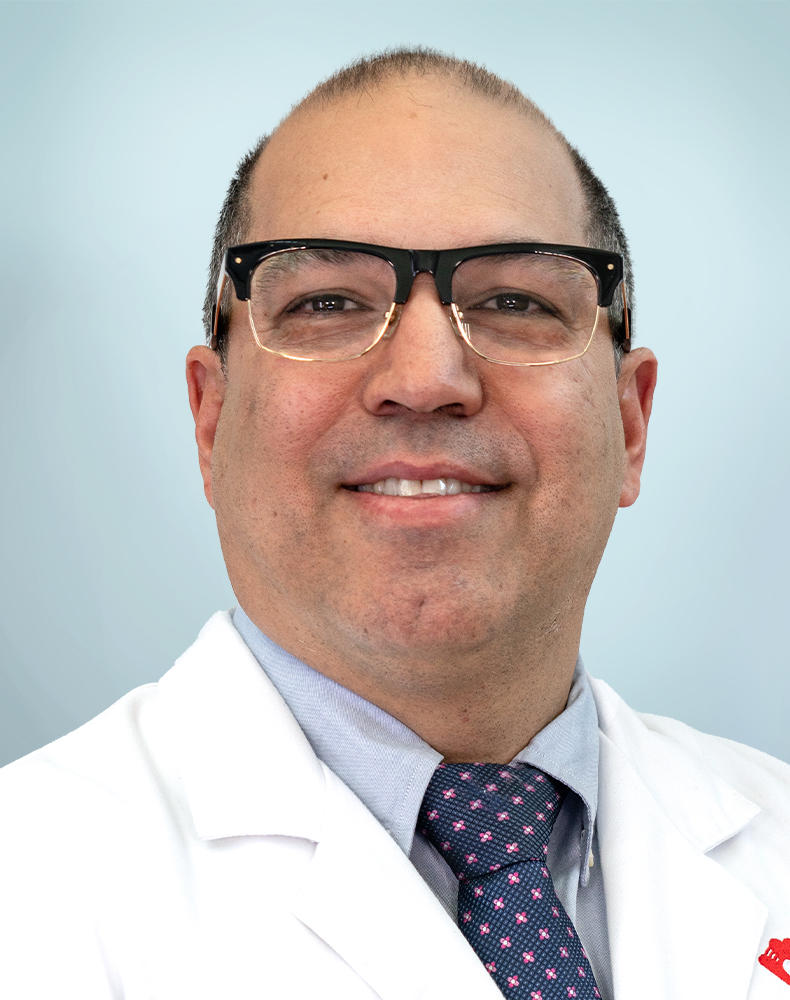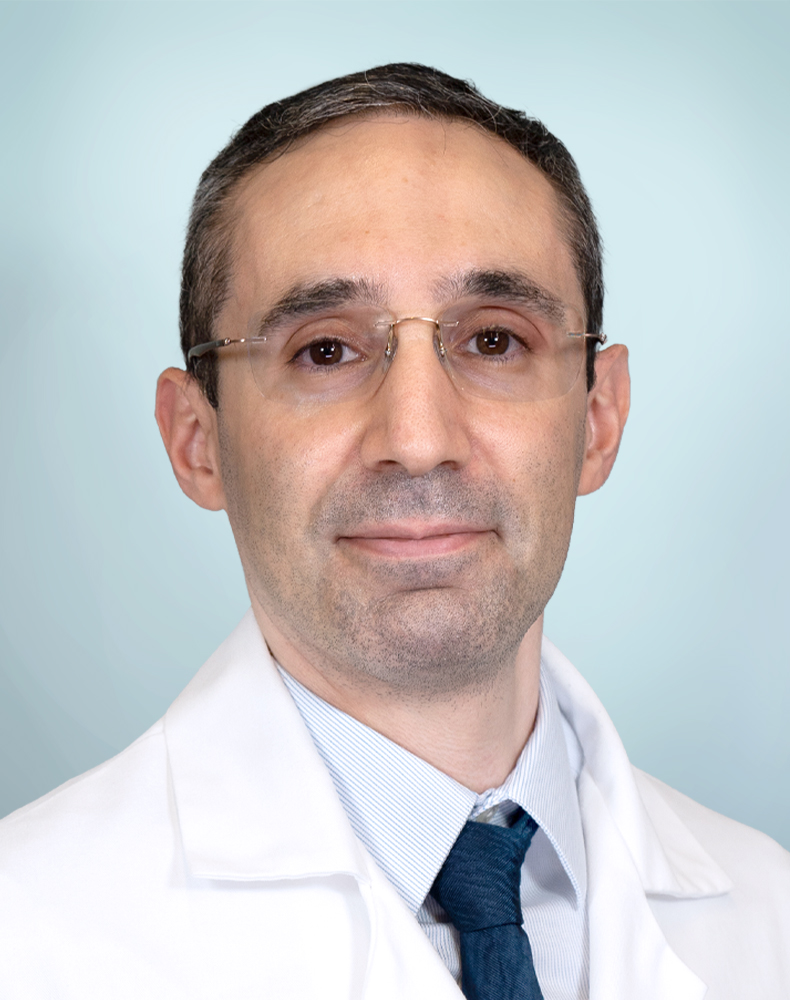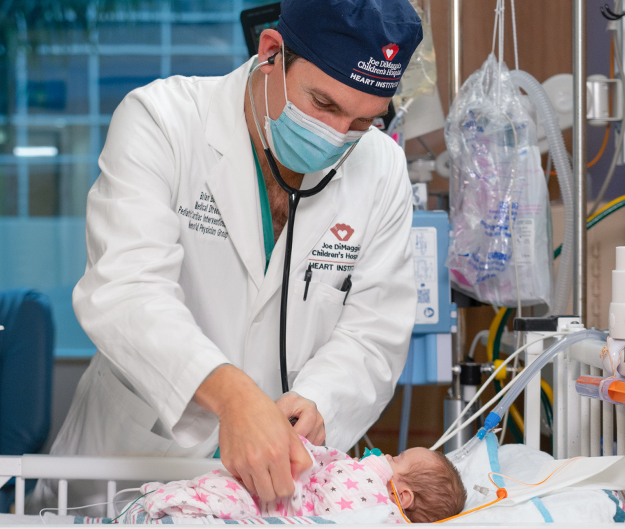
Joe DiMaggio Children’s Hospital Heart Institute
Providing care for children with congenital heart disease, the Heart Institute offers treatments from minimally invasive procedures to heart transplants.
Explore Our Heart Care Services
If you are new to Joe DiMaggio Children’s Hospital Heart Institute, we’d like to welcome you. You may feel overwhelmed. That’s normal, and we’re here to help.
Offering a full range of congenital heart care, including heart transplantation, our program is one of the top pediatric heart programs in the country. From our outcomes to the experience level of our cardiologists, surgeons, nurses and cardiac support staff, we provide excellent pediatric heart care.
Call us for more information or to schedule an appointment
954-265-3437Explore Our Many Pediatric Cardiac Services
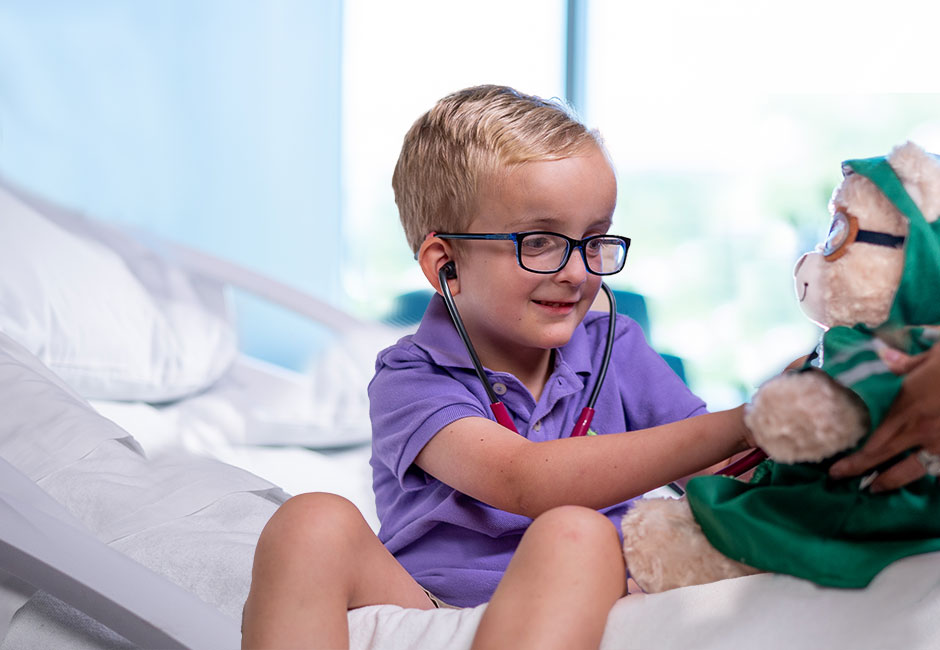
Family-Centered Care You Can Trust
As one of Florida's leading pediatric cardiac centers, we provide heart care to infants, children, adolescents and young adults with a variety of cardiac conditions.
We are here for Florida’s children who need specialized heart care, including those with complex heart conditions.
Learn More About Congenital Heart DiseaseWe are one of the most active and successful heart transplant programs in Florida.
Learn More About TransplantsOur doctors have developed new diagnostic tests and treatment protocols to catch and treat pediatric heart conditions earlier, using less-invasive methods.
Learn About Heart ImagingOne Place, Many Specialists
In one location, you and your family will be able to access all types of heart specialists, including some of the nation’s top pediatric cardiologists and surgeons.
Our team includes experts in congenital heart disease, heart surgery, heart failure, electrophysiology, cardiac catheterization, heart imaging, anesthesia and intensive care. We work collaboratively, which makes it easier for you to schedule care and get the answers you need. Even better, our team approach provides seamless care for children.

Moments that Count - Da’realis’ Heart Transplant
Why Choose Us For Pediatric Cardiac Care?
Congenital heart care close to home
We are here for Florida’s children who need specialized heart care, including those with complex heart conditions. That means you don’t need to travel far to get world-class heart care for your child. New treatments, advanced technologies and experienced specialists are all here.
Innovative ways to diagnose and treat children
Our doctors have developed new diagnostic tests and new treatment protocols. Memorial Healthcare System supports research and innovation in everything from new surgical procedures to imaging tests. We are able to catch and treat heart conditions earlier, using less-invasive methods. Read about our innovations in heart imaging.
One of the most active transplant centers in Florida
We are one of the most active heart transplant programs in the state. Learn more about heart transplant at Joe DiMaggio Children’s Hospital.
Family-centered care
We’ve designed our program around what children and their families need most during a difficult time. We actively involve parents in decisions, with open communications, and we seek out ways to let children be children. We treat our patients as if they were our own children. Read our story to learn more about who we are and how our program came to be.
Call us for more information or to schedule an appointment
954-265-3437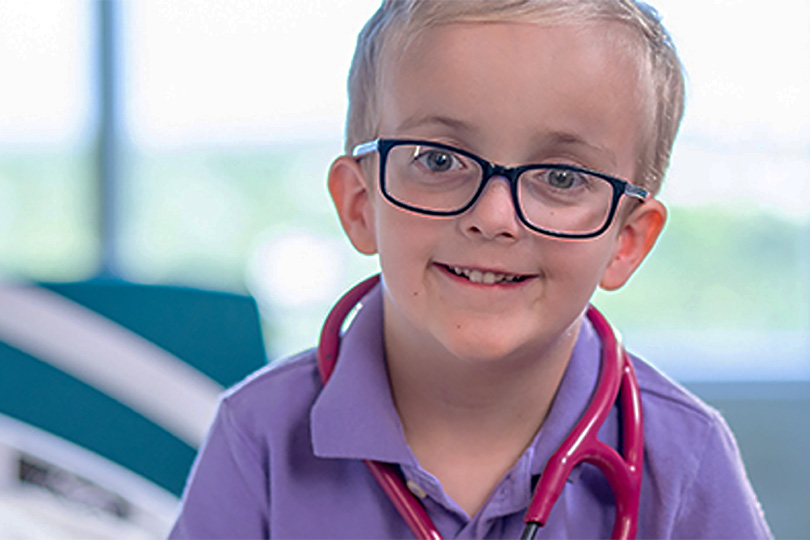
Deacon's Heart Care Story
In the moments that count, Deacon receives care for his extremely rare condition, Barth syndrome, that limits his heart function.









